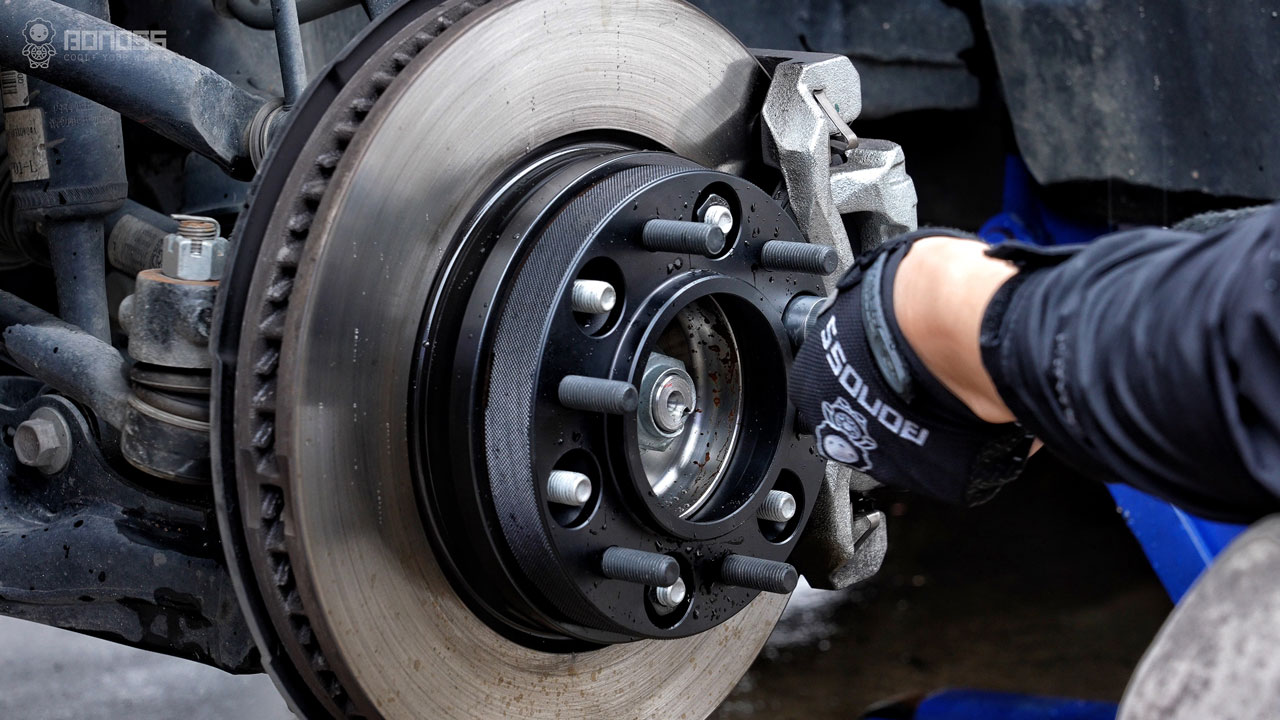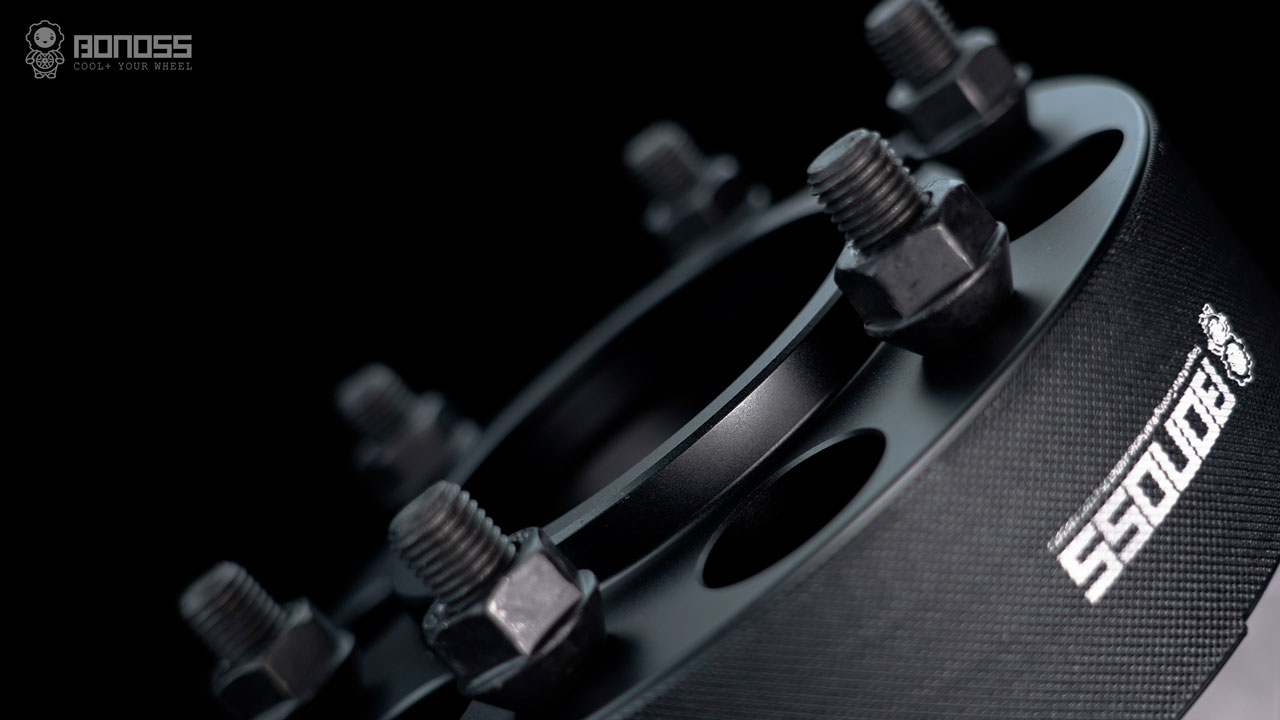
When buying new wheel spacers for performance enhancement, the most important factor is strength. That’s OK. The stronger the spacers are, the safer your driving is. It is an important factor when choosing wheel spacers, but it shouldn’t be the only factor. Thickness, material, and hub-centric or not are just a few of the other things you should consider. To make your investment worth it, let’s take a closer look at choosing the type you need and the costs.
Steel vs. Aluminum Wheel Spacers
Steel wheel spacers are the cheapest and strongest spacer option on the market. Since steel spacers are so much heavier than alloys in the same sizes, they can put more additional weight on your car’s suspension. This can make acceleration more difficult and change your center of gravity, which ultimately can affect handling. Steel wheel spacers are not actually the greatest, but if you’re running a very limited budget, they might be just what you need.
Aluminum wheel spacers may cost more than steel ones. But they save in the long run on fuel economy alone. Thanks to being lighter weight versus steel alternatives, they’ll give you better fuel economy, especially during city driving. Because of good thermal conductivity, the aluminum wheel spacers will dissipate brake heat better. This is exactly good for rims or brakes. They feature nicer designs that add both style and function when you’re upgrading your vehicle.

Cast vs. Forged Wheel Spacers
Either steel wheel spacers or aluminum spacers are made in two primary ways – casting and forging. Different manufacturing process offers different mechanical properties. Casting wheel spacers are made by pouring molten metal into a mold that’s shaped like wheel spacers. Once it cools, it’s removed from the mold, and finishing touches are made. The process is quick, which makes for fewer costs and lower-price wheel spacers for the customers. However, due to the curing process, casting wheel spacers are porous, hence they’re more susceptible to cracks and other structural issues when they’re put up to extreme use. For normal driving conditions, that porosity is actually a potential risk.
On the other hand, forged wheel spacers start as a solid block of billet aluminum. The continuous tons of pressure add strength and eliminate any porosity, shrinkage, and other micro-processes presented in the raw material. Therefore, forged wheel spacers are significantly lighter and stronger than cast ones. There are forged 6061-T6 and 7075-T6 aluminum wheel spacers. Both these two types of spacers are of good strength, toughness, hardness, and corrosion resistance. If you have a serious race car, the 7075-T6 spacers are well worth the investment. For most people, 6061-T6 wheel spacers are just enough for daily commuting.





